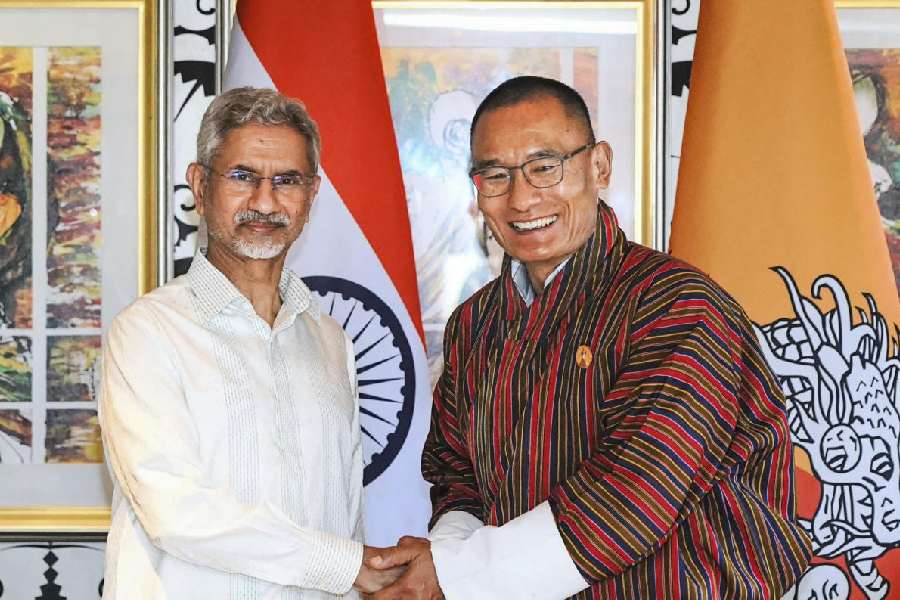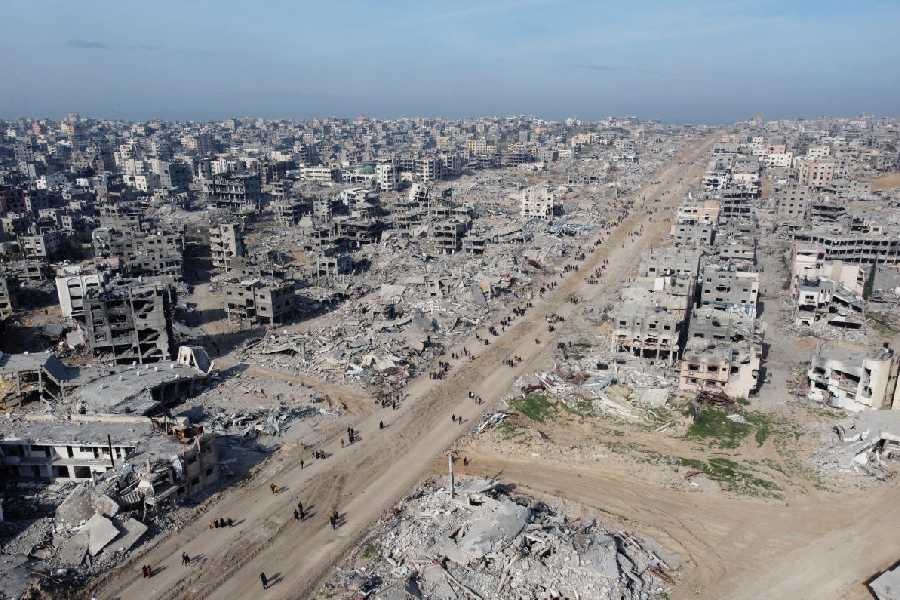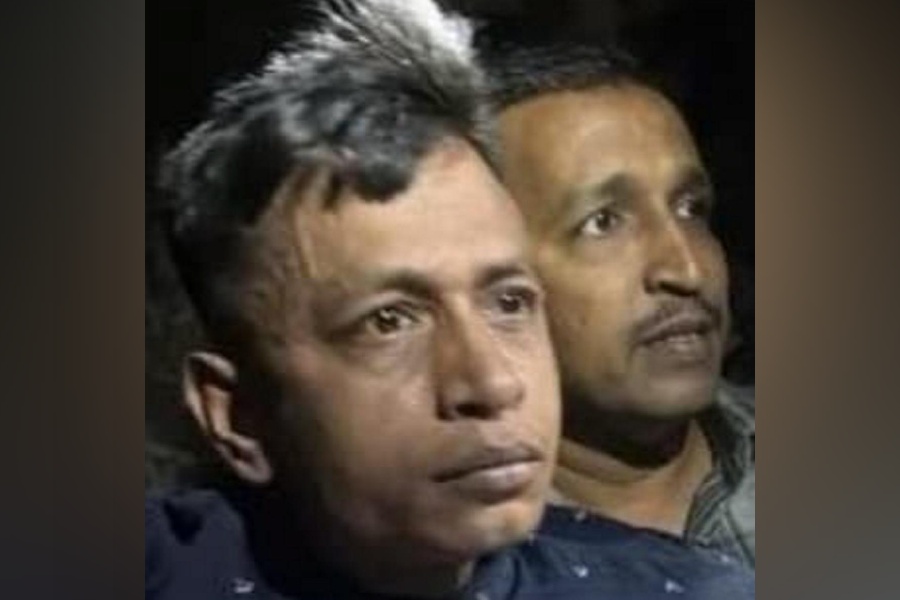Following a new threat to Air India from Khalistani separatist Gurpatwant Singh Pannun on Monday morning, external affairs minister S. Jaishankar questioned whether the West would consider such threatening comments as an exercise of free speech if they were aimed at their own airlines.
Asked how he viewed the latest threat by Pannun, who according to the FBI was the target of an assassination plot by an Indian government agent, Jaishankar shot back: "Let us reverse roles. Suppose you were at the receiving end of these threats, suppose it was your airline, your leaders, your diplomats, your Parliament. Would you take it as lightly as that?"
He was responding to a question from the audience at an interactive session at an NDTV conclave on Monday evening.
While he lashed out at Canada for the way it had treated Indian diplomats and the threats to Indians, the minister sought to allay fears of this latest row with Ottawa impacting the Indian diaspora there, maintaining that the issue was limited to a particular line of politics.
"We are having a problem with a segment of politics in Canada.... We would like to maintain people-to-people relations.... I would not be so anxious," Jaishankar said.
On this latest chapter in bilateral relations, Jaishankar said that Canada wanted to subject the Indian high commissioner to a police inquiry.
"We chose to withdraw the high commissioner and diplomats. They seem to have a problem if Indian diplomats are even trying to make efforts to find out what is happening in Canada on matters which directly pertain to their welfare and security.
"But look at what happens in India. Canadian diplomats have no problem going around collecting information on our military, on our police, profiling people, targeting people to be stopped in Canada. So apparently, the licence which they give themselves is totally different from the kind of restrictions that they impose on diplomats in Canada."
According to Jaishankar, "double standard" is a mild word for the way Canada behaves, referring to Ottawa listing out Indian journalists who had criticised the Canadian allegations against India and billing it as "foreign interference" while turning a blind eye to open threats to Indian leaders, diplomats and establishments by Khalistani separatists on the pretext of free speech.
This is the first time Jaishankar has commented on the ongoing stand-off with Ottawa after both countries expelled diplomats last Monday.
Canada wanted India to waive the diplomatic immunity given to the Indian high commissioner and some other diplomats after declaring them "persons of interest" in the murder of Khailistani separatist Hardeep Singh Nijjar in British Columbia last year.











